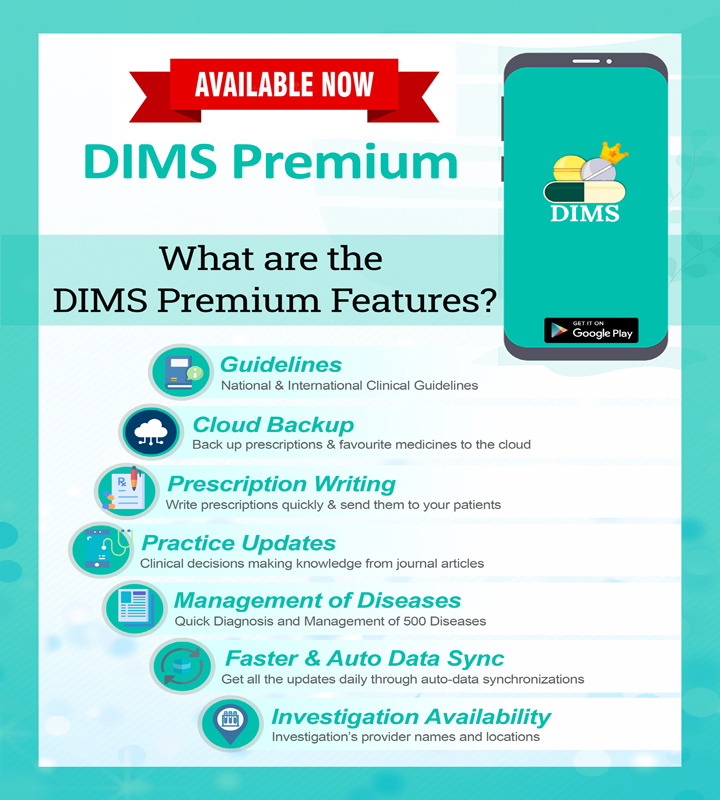Combination vs Standard Mono Therapy Using Metformin for Patients with Untreated Type 2 Diabetes
Diabetes Research and
Clinical Practice: Published
on July, 2022
The American Diabetes Association recommends that metformin
should be started at the time of type 2 diabetes mellitus (T2DM) diagnosis,
unless there are contraindications. Metformin is safe, effective, economic,
and might reduce the risk of cardiovascular events and death. When glycemic
goals are not achieved with metformin monotherapy, stepwise addition of other
antidiabetic drugs to metformin is suggested.
However, many T2DM patients fail to achieve glycemic goals
with initial metformin monotherapy and, of those who achieve current goals, few
consistently maintain these targets over 3 years [3]. Indeed, some studies
suggest that timely glycemic control during the early stage of T2DM may improve
long-term glycemic durability and reduce long-term risk of diabetic
complications and mortality.
Antidiabetic drugs with a low risk of hypoglycemia are
generally preferable for combination antidiabetic drug regimen with metformin
for patients with untreated T2DM.
TAKE-HOME MESSAGE
This meta-analysis of randomized controlled trials compared
the effectiveness of glycemic control and hypoglycemia risk of combination
therapy versus standard metformin therapy in patients with untreated type 2
diabetes.
The current meta-analysis, comprising 14 randomized controlled trials with > 5000 patients with untreated T2DM, revealed that combination therapy with metformin plus either DPP4i, SGLT2i, or pioglitazone vs. metformin monotherapy was associated with half a percent reduction of HbA1c, 0.92 mmol/L reduction in FPG, and a higher proportion of patients achieving HbA1c < 7% after ≥ 24 weeks of treatment.
The pooled results showed that combination therapy was associated with reduced HbA1c and fasting plasma glucose compared with metformin monotherapy. However, the incidence of hypoglycemia was not different between the two groups.
Conclusions
This meta-analysis suggests initial combination therapy with
metformin plus a low hypoglycemic risk antidiabetic drug (e.g. DPP4i, SGLT2i or
pioglitazone), compared to metformin monotherapy, provides benefits in glycemic
control and does not increase a risk of hypoglycemia in patients with untreated
T2DM.
The benefit of combination therapy was consistent across
different races, baseline body weight, baseline HbA1c and disease duration.
These findings suggest that a combination of metformin and a
low hypoglycemic risk antidiabetic drug can demonstrate
better glycemic control without hypoglycemia in this patient
population.
Doctors Liked to Read More
Aims: The aim of the meta-analysis of randomized controlled trials
(RCTs) was to compare the effectiveness of glycemic control and hypoglycemia
risk of combination therapy (metformin plus a low hypoglycemic risk
antidiabetic drug) vs. standard metformin monotherapy, in patients with
untreated type 2 diabetes mellitus (T2DM).
Methods: We searched PubMed, EMBASE, and Cochrane Central Register of
Controlled Trials through October 31, 2021 to find relevant RCTs. Efficacy
outcomes were changes in hemoglobulin A1c (HbA1c) and fast plasma glucose (FPG)
from baseline as well as proportion of patients achieving HbA1c < 7%; the
safety outcome was hypoglycemia risk.
Results: We identified 14 RCTs comprising 5326 patients with untreated
T2DM. Mean treatment duration was 28.1 weeks. Pooled results showed that
compared to metformin monotherapy, combination therapy was associated with a
reduction in HbA1c (mean difference: -0.48 %, -0.58 to - 0.38) and FPG (mean
difference: -0.92 mmol/L, -1.14 to - 0.69), and more patients achieving HbA1c
< 7%. Hypoglycemic events and people experiencing hypoglycemia were not
different between 2 groups.
Conclusions: Initial combination of metformin plus a low hypoglycemic risk
antidiabetic drug may achieve better glycemic control, without a rise in
hypoglycemia, in patients with untreated T2DM.
Keywords: Antidiabetic drugs; Combination therapy; Dipeptidyl
peptidase-4 inhibitors; Pioglitazone; Sodium-glucose co-transporter-2
inhibitors; Type 2 diabetes mellitus; Untreated.






Comments
You must login to write comment